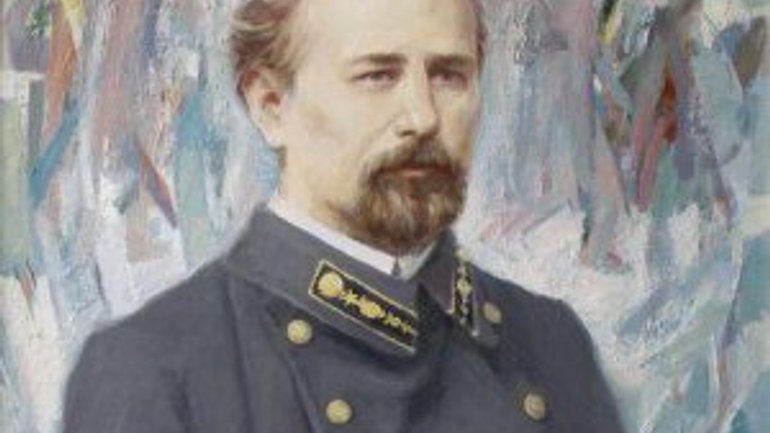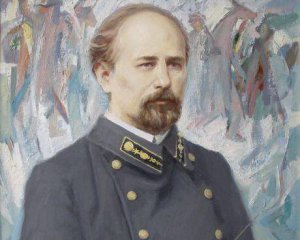Today the most famous author of Christmas carols marks 140th birthday anniversary

 On December 13, 1877, Nikolay Leontovich, the author of the world famous Christmas song “Shchedryk” was born in the village of Monastyrok – now Nemyriv district in Vinnytsia region, Gazeta ua reports.
On December 13, 1877, Nikolay Leontovich, the author of the world famous Christmas song “Shchedryk” was born in the village of Monastyrok – now Nemyriv district in Vinnytsia region, Gazeta ua reports.
He wrote it in 1901. It was first performed in 1916 by the Kyiv University coir. Since then, other groups started to sing it on a large scale. On October 5, 1921, “Shchedryk” was presented at a concert at Carnegie Hall in New York. In 1936, composer Petro Vilkhovsky, who worked on the NBC radio, recorded the English version of “Carol of the Bells”. Under this name, the tune of the Ukrainian “Shchedryk” has become world-famous. Schedrivka was featured in TV series such us “South Park”, “Simpsons”, “Griffins”, “Saturday Night Live”, “Mentalist”, in the films “Harry Potter”, “Home Alone”, “The Mirror Has Two Faces”, “Die Hard 2” “The Addams family”, “Krampus”. “Carol of the Bells” has become one of the most popular pieces performed by American cellist Stephen Nelson of The Piano Guys, which has 27 million views on YouTube.
His father, grandfather and great-grandfather were priests. He refused from ordination. After Kamenyanets-Podilsk Theological Seminary, he became a teacher of a two-year school in Chukovo – now Nemyriv district. He learned to play the violin and flute. He set up a school orchestra. He adapted musical works for children. He spent all his money for musical instruments for students. He bought five violins, a cello, a flute, a cornet and a trombone. With a monthly salary of 27 rubles, he paid 25-40 for each instrument.
“The peasants came to listen to our music group in the school garden,” wrote the composer in his memoirs. “There was even a pretty good place for musicians – something like “shells”, patched together from the boards. The audience knew in person and by the name every orchestral musician, including the information how their instrument were called and how much the play of separate performers was valued. The villagers noted every minor success of a pupil, on which they remarked – “And he learned well to play the flute: wonder how great is his performance”.
After Chukovo he had to work even in the present-day Bakhmut in Donbass, Tulchin Vinnytsia and Kyiv.
“Leontovych was outstanding with his elegance, he did not like to wear official uniforms and anything state-owned,” wrote the conductor, Mykola Pokrovsky, in the essay “From the pages of the past”, who was an acquaintance of the composer in Tulchin. “During the performances, he created the moods both for the performers and the audience with his appearance. Clad in a dark business suit, a shirt with a solid standing collar and a beautiful tie, he was thin and slender, with a high forehead, a black van Dyke beard and shortly trimmed mustache, he seemed to raise above the element of tender sounds. Mykolai Dmytrievych staunchly struggled through the difficult life of a singing coach of that time. His family barely made ends meet. But he was rarely sad and gloomy, he was always joking and hoping for the better times to come.”
Previously, RISU has announced a competition for new and forgotten carols. The winners will be those who will send the greatest number of texts for carols, Schedrivkas, greetings
RISU promises to thank properly (and not only with words) for the most interesting ones and the ones most liked by the site readers (this is evidenced by the number of “likes-recommendations” under the text) !









